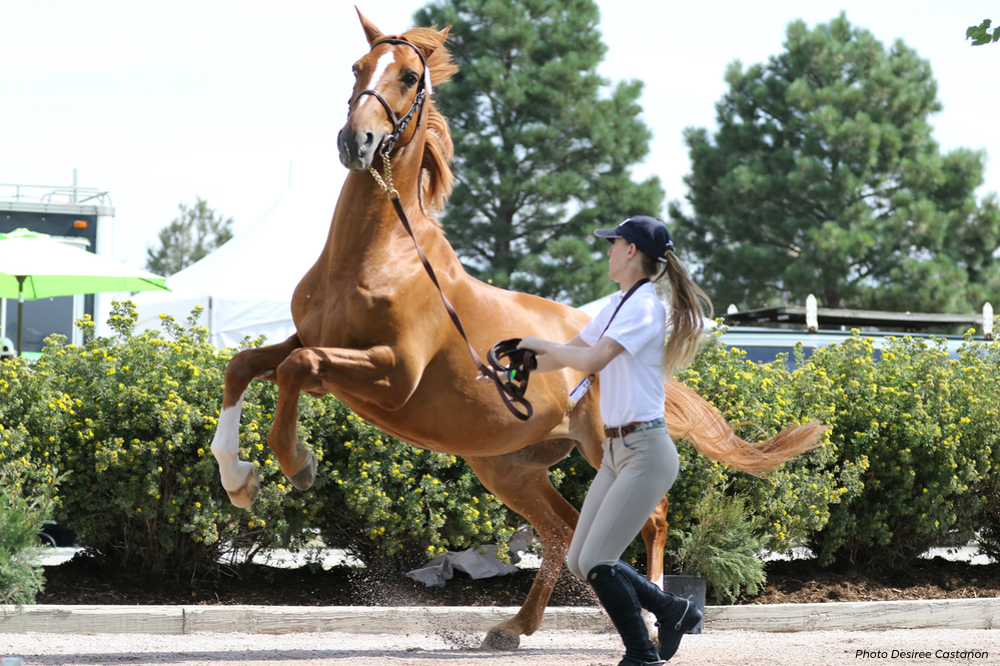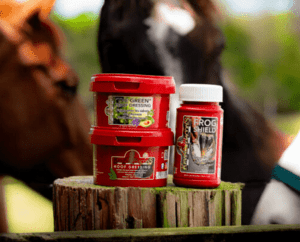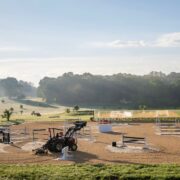On Riding The Spooky Horse

While my horse was on stall rest recovering from an injury, a generous boarder at my barn allowed me to school her horse a few days a week. I was elated at the chance to continue to ride while giving my horse the time he needed to heal.
But before I tacked up and got on this new horse for the first time, the owner warned me: “he’s very spooky.”
She was right.
This sweet, well-trained gelding was quite spooky, shying away from the corners of the ring, and becoming stiff, tense with the occasional bolt, any time a car drove down the road that butted up against one side of the arena.
The horse would eventually settle, but any change, or shadow, or sway of a tree branch could easily distract him. He’d lived at this barn for years and still seemingly spooked almost every day. I kept riding this horse for weeks and the behavior never changed. His owner had done her due diligence and the horse was sound and healthy. The spookiness was just part of who he is.
Not long after this opportunity to ride, another friend invited me to her barn to meet her new horse. She rode at a quality show facility in town, and her new horse was exceptionally lovely. But I was surprised to find out the lengths to which this high-end show team went to keep the horse operating “a certain way.”
As part of the boarding and training arrangement, all amateur-owned horses were required to be ridden by a professional in the barn twice a week. The farm also reserved the right to administer calming supplements or drugs at their own discretion, at their home farm and while on the road at horse shows. All of this was outlined in the boarding contract. They did this in the same of safety, or at least that’s what the contract language said.
I didn’t judge my friend – she made a decision to keep her horse at this facility and she has the right. But I was surprised that these kinds of “rules” existed at all.
There are a variety of ways to keep, train and enjoy horses. But at the end of the day, horses are not bicycles. They have a mind of their own. They are large prey animals that are programmed to react – to flee – and yet, we climb on their backs and make them jump wild fences, over ditches, perform in large, loud arenas. We expect so much from them, including ignoring their own instincts and trusting us instead.
But the lengths riders and trainers go to make horses “safe” and “amateur friendly” is just not fair to the horse. Spooking is part of it. Building confidence during your training and a relationship on the ground is all part of it. Tranquilizing a horse because it has its own thoughts and feelings goes against the spirit and art of horseback riding altogether. If you can’t appreciate the horse for who he is, and understand he too has feelings about the work you’re asking of him, maybe you should buy the bicycle instead.


